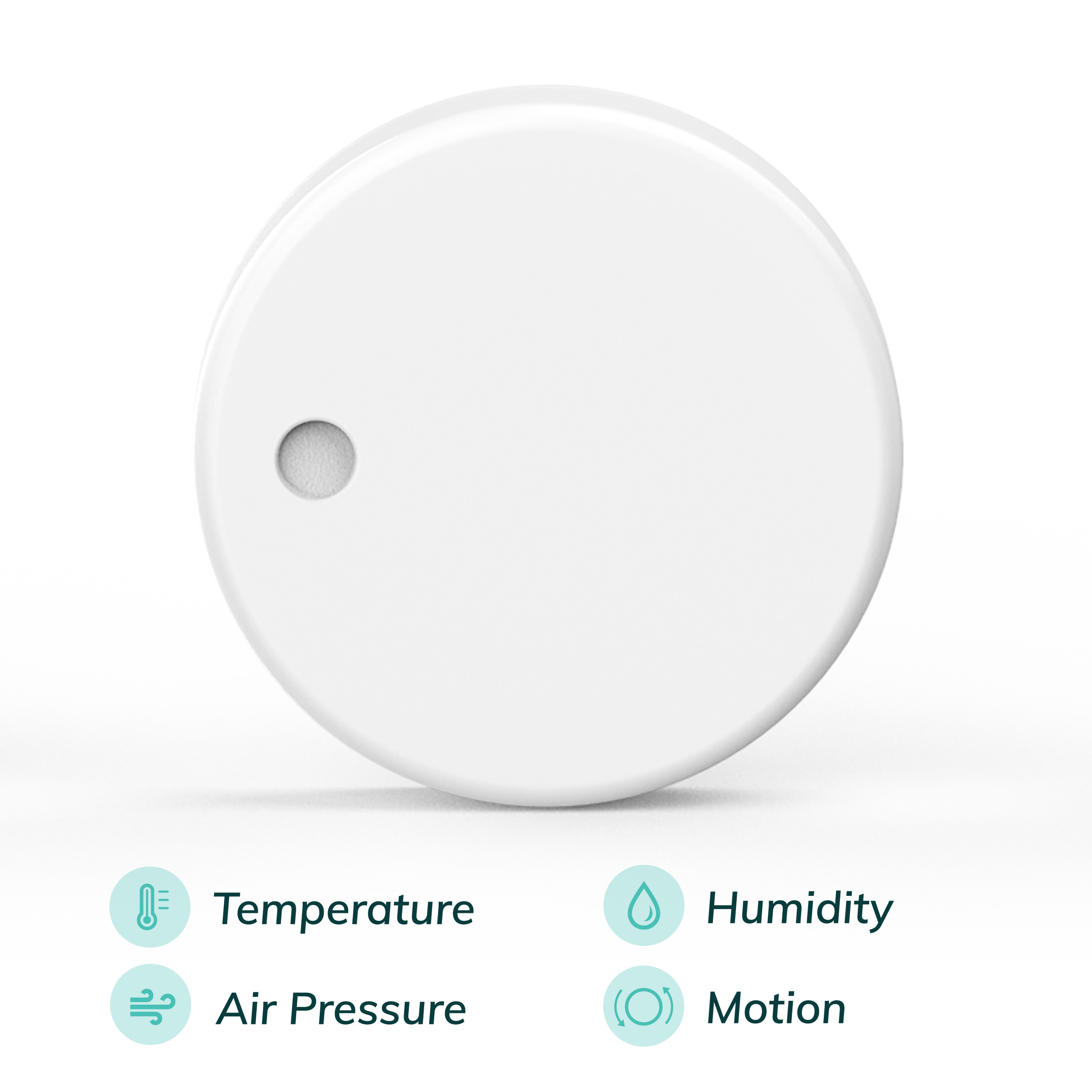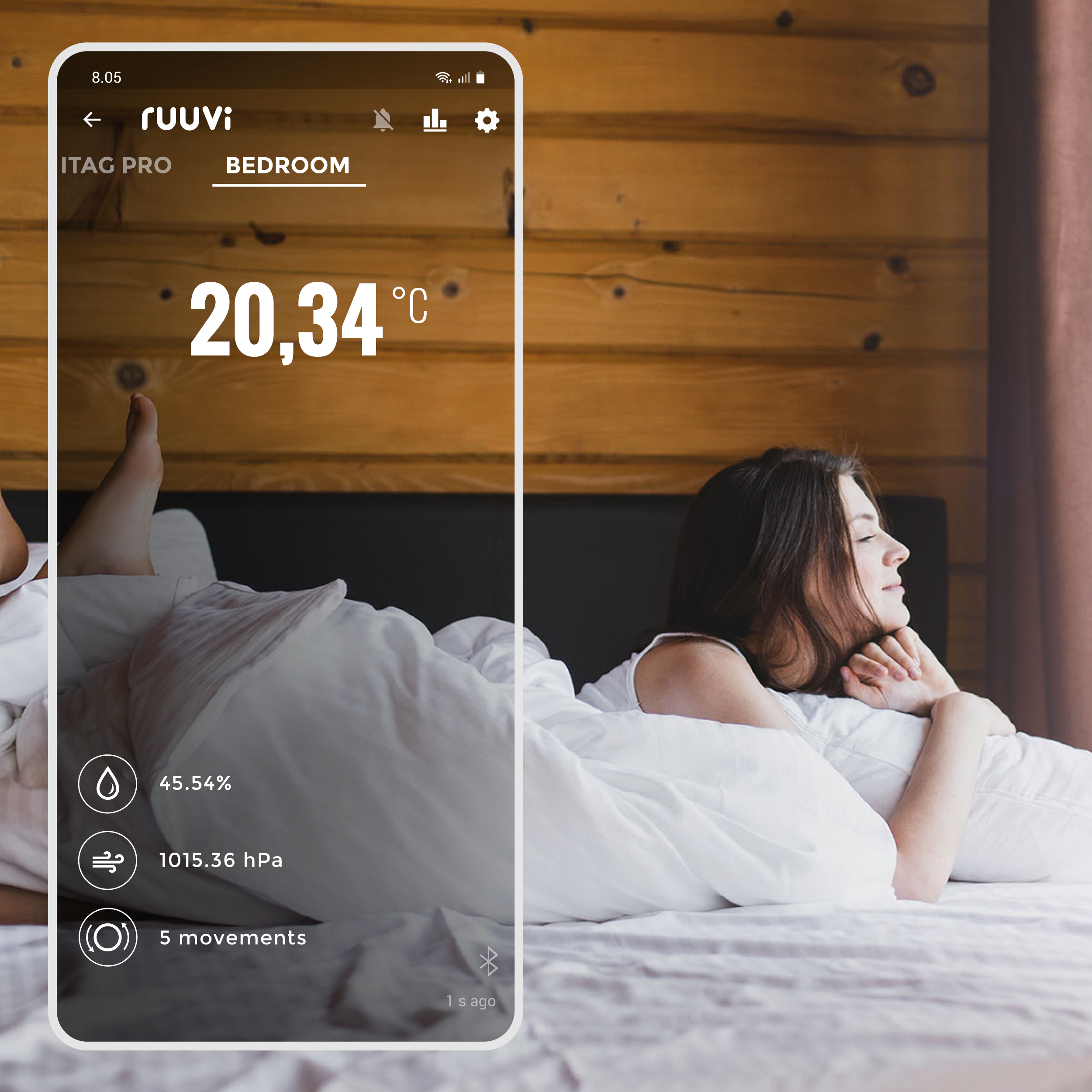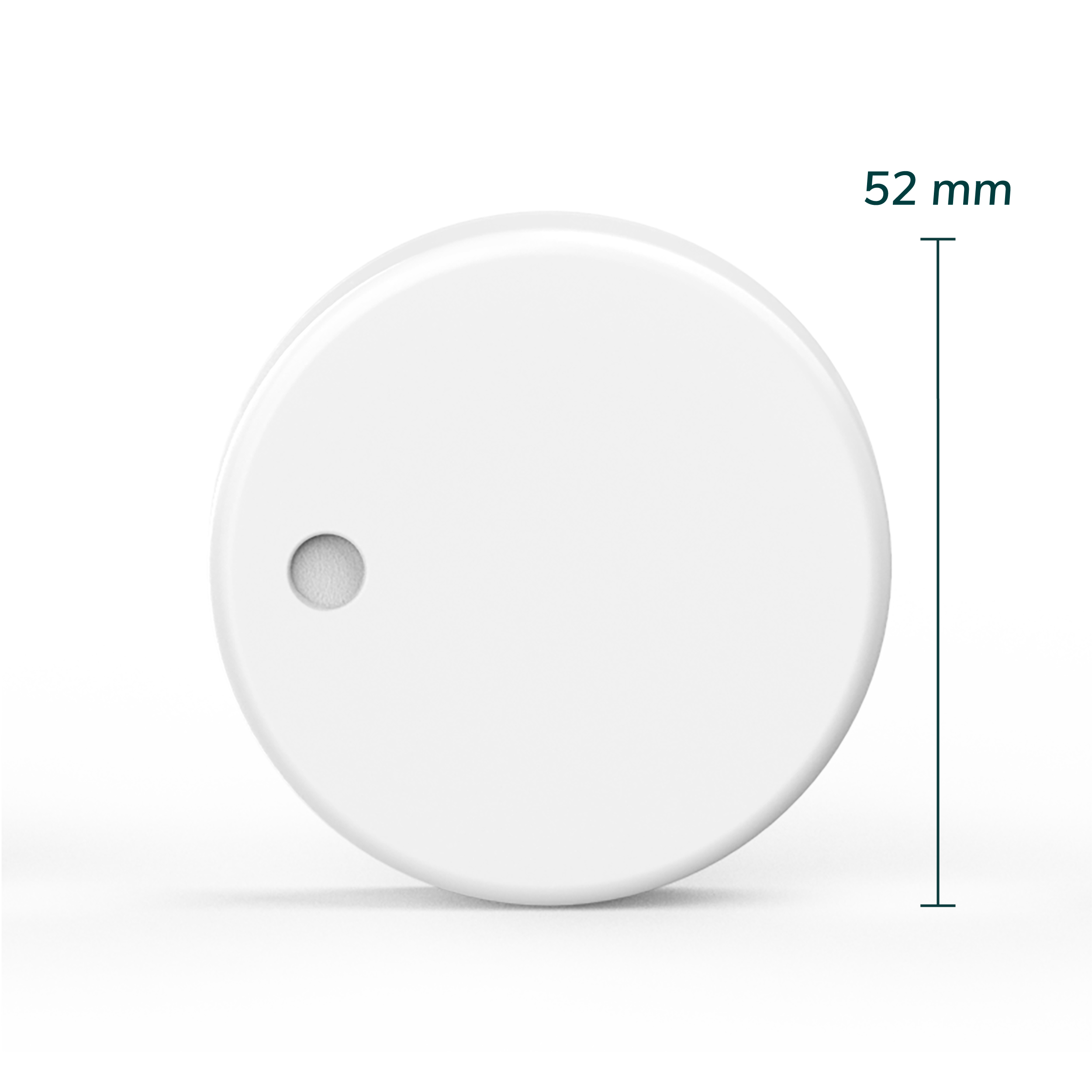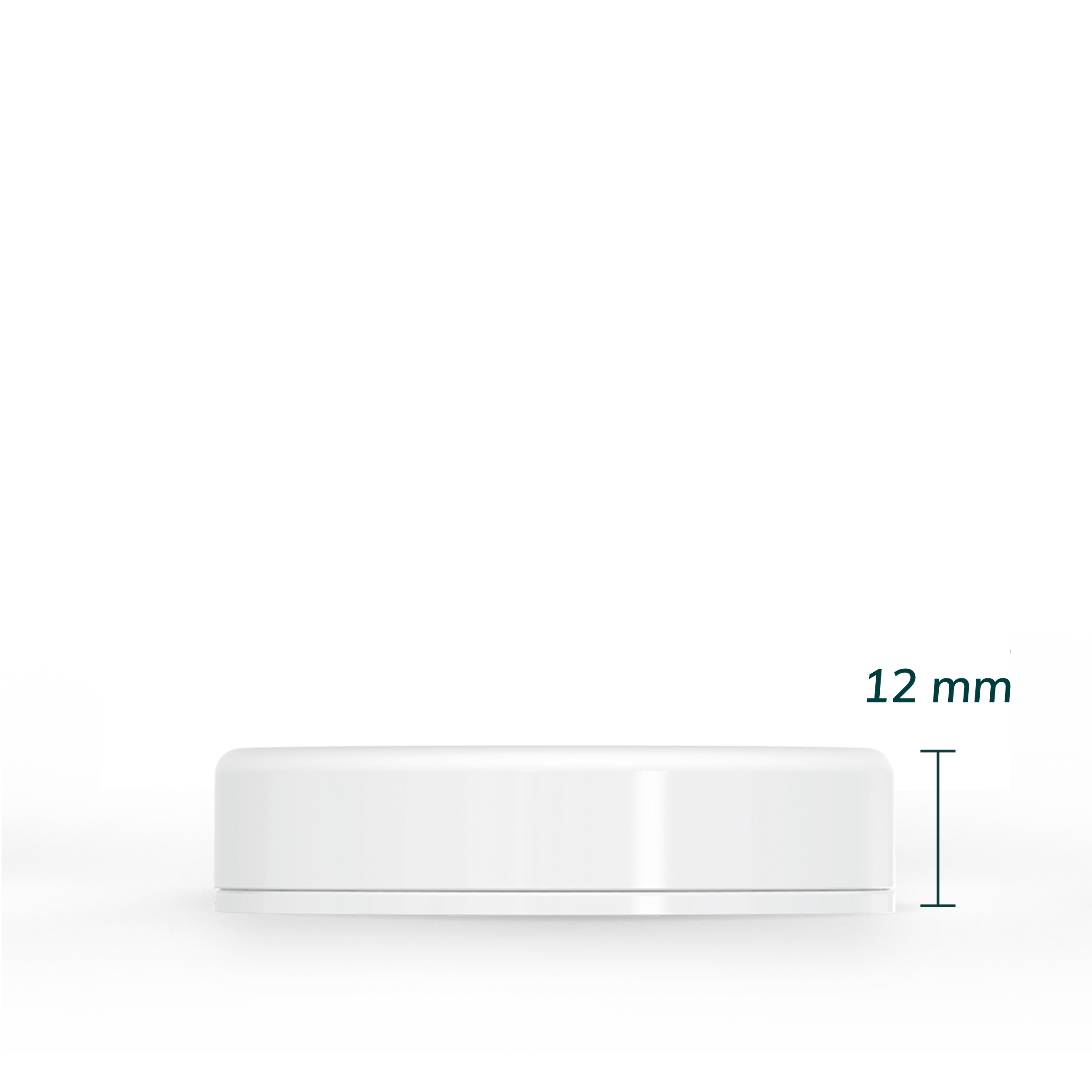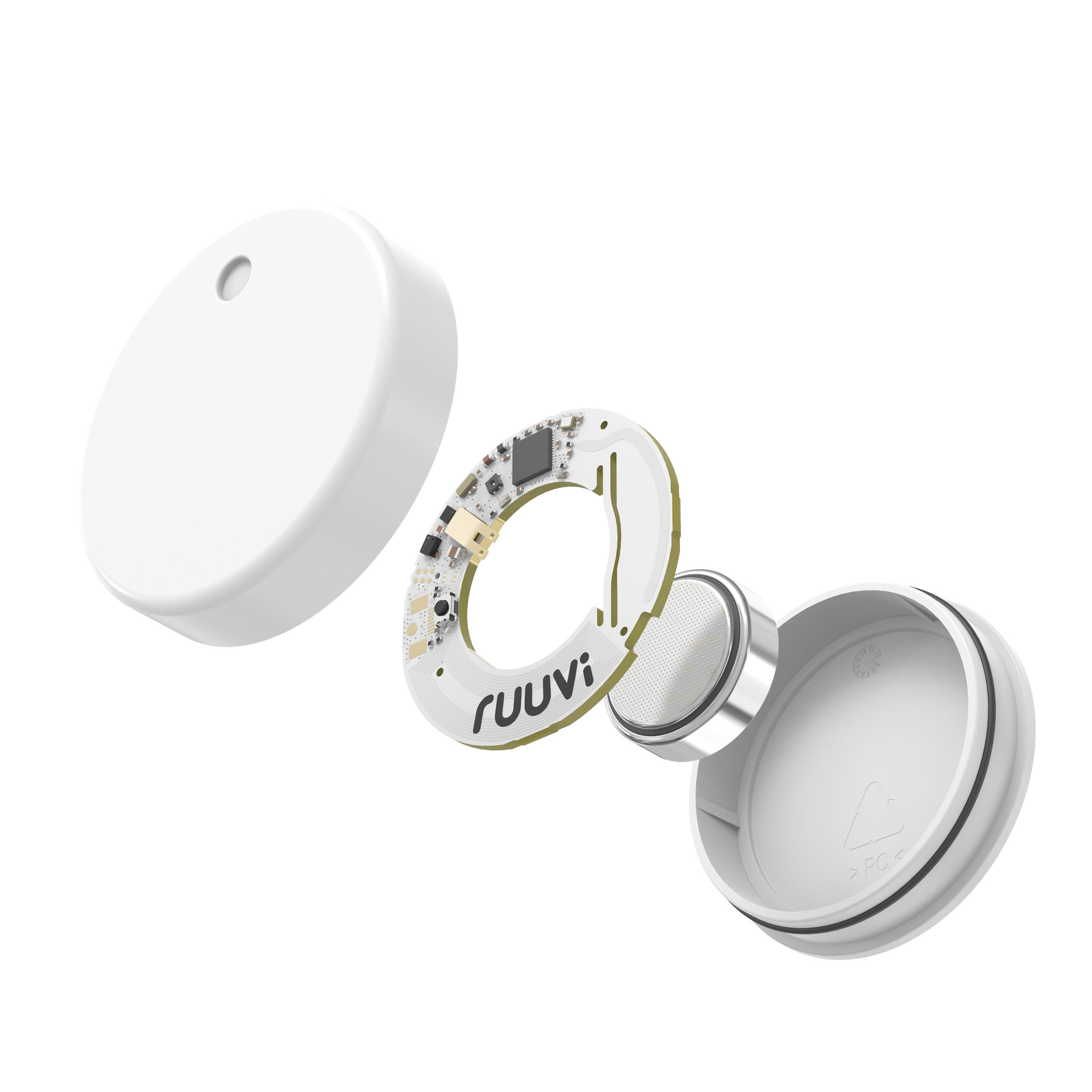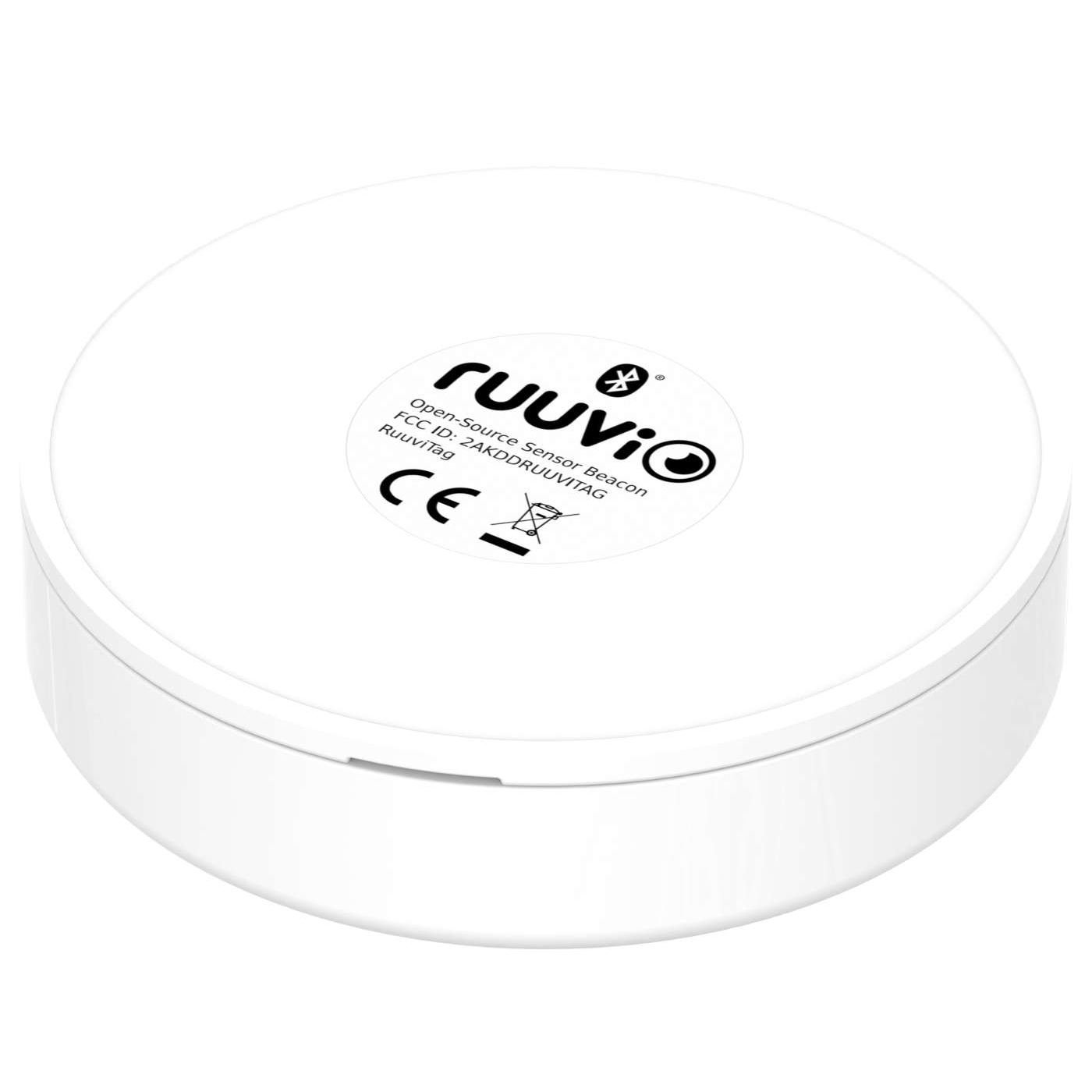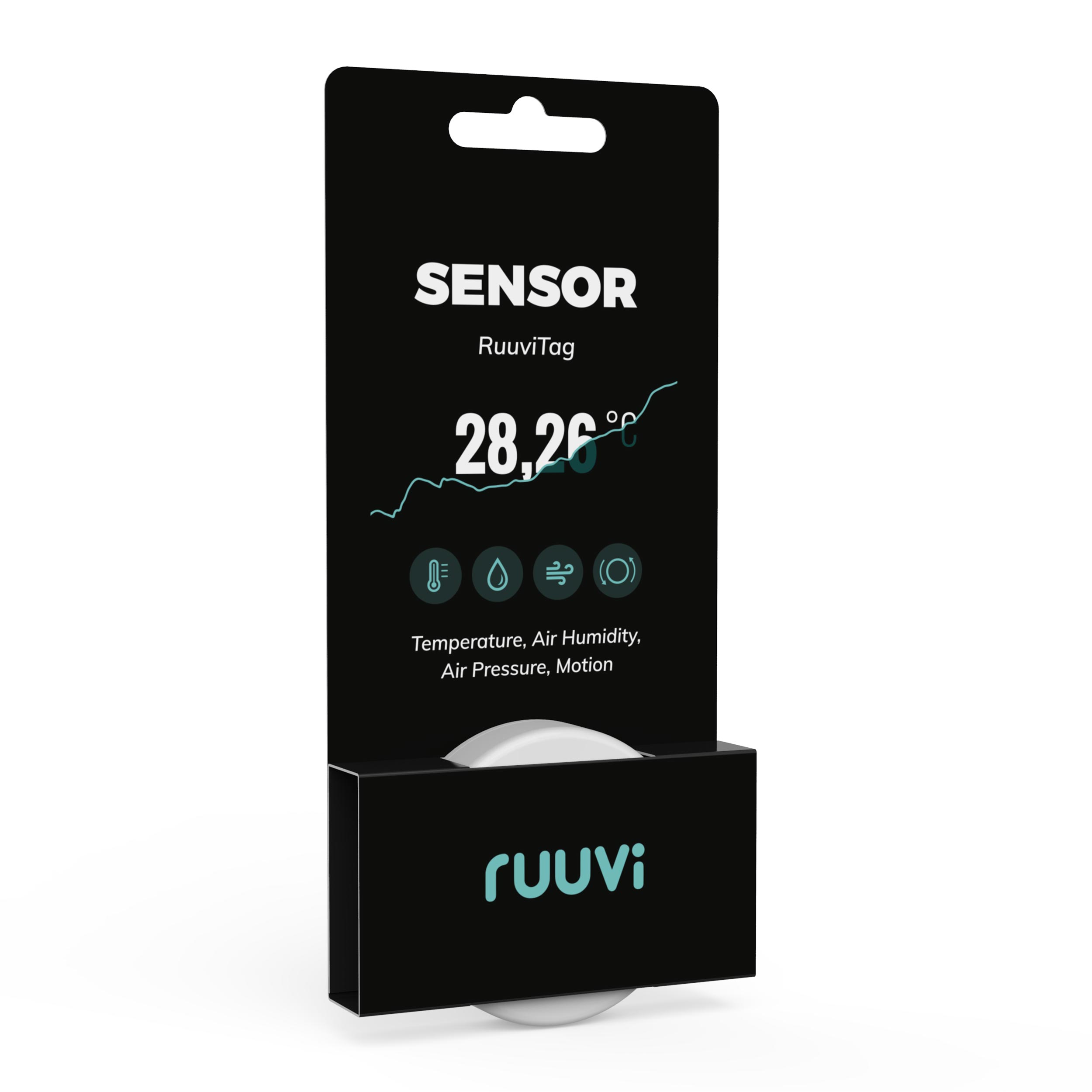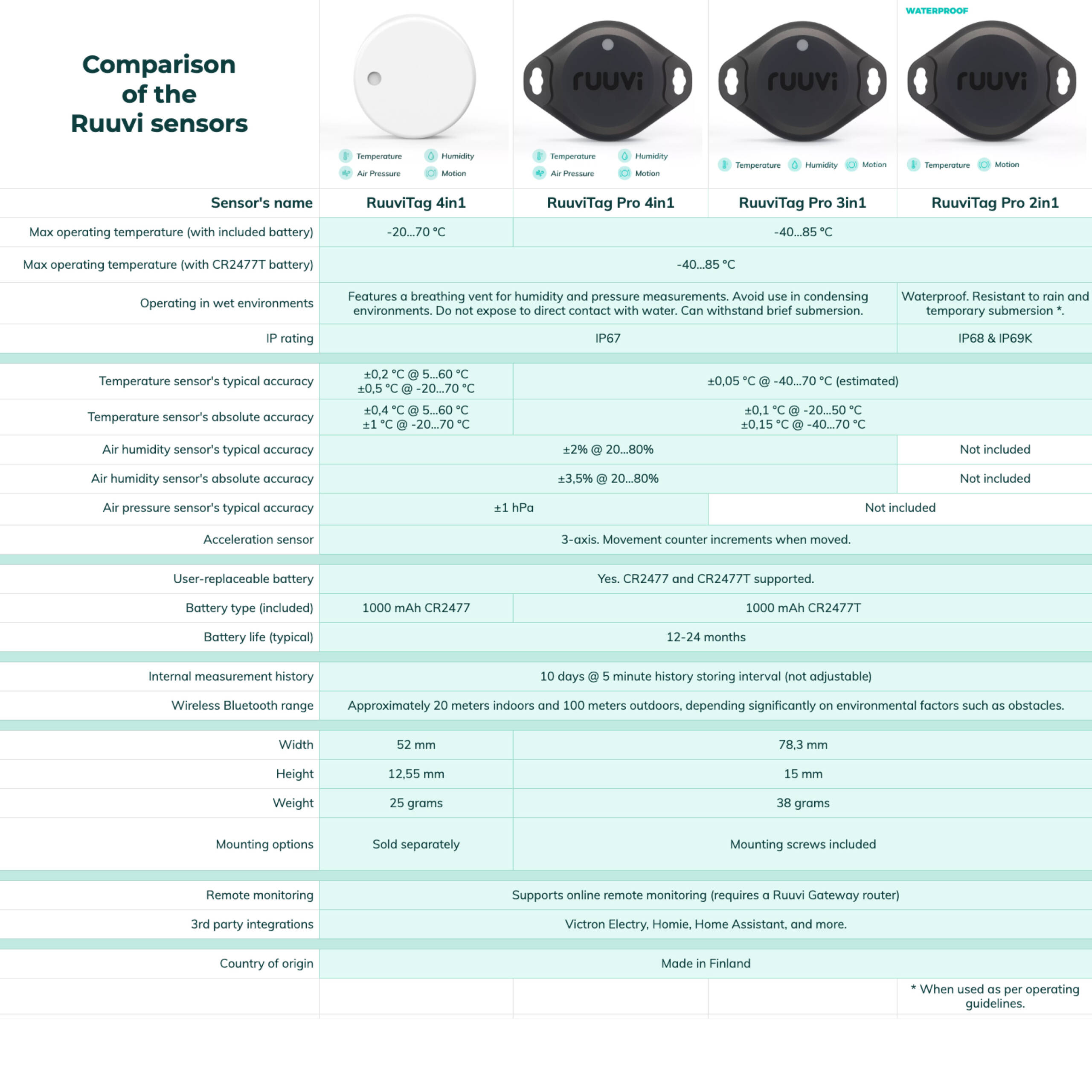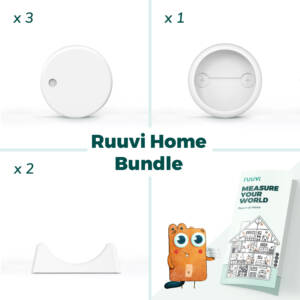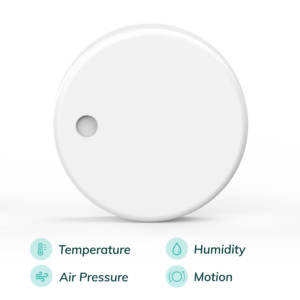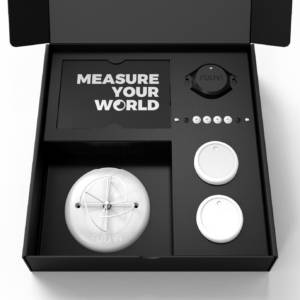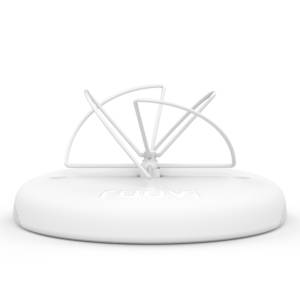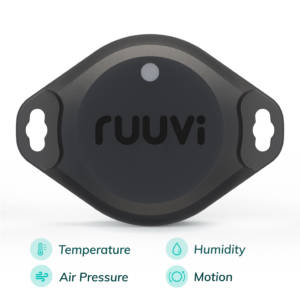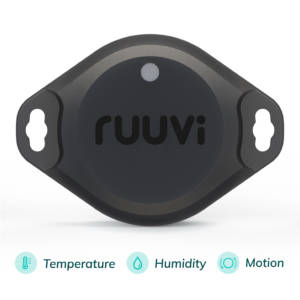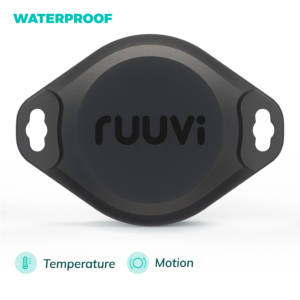Drying food is convenient, easy, and affordable, if made according to the advice in this article. By the end of this page, you will know everything to successfully dehydrate food every single time!
How long can dehydrated food be preserved?
Drying food increases its longevity in a very simple way: it inhibits the growth of bacteria, mold, and yeast. With a proper drying process and food storage conditions, food can be preserved for up to several years. It is recommended to store dried food in air-tight jars to increase its preservation time.
Dried food will become your favorite snack (and looks great on your shelf!)
When drying, food loses half of its size and up to 90% of its weight. Dried food is therefore very convenient and easy to either store in your kitchen or to take with you as a snack. It also adds a homely touch to your surroundings – can you already imagine all those nice glass jars as a part of your kitchen decoration?
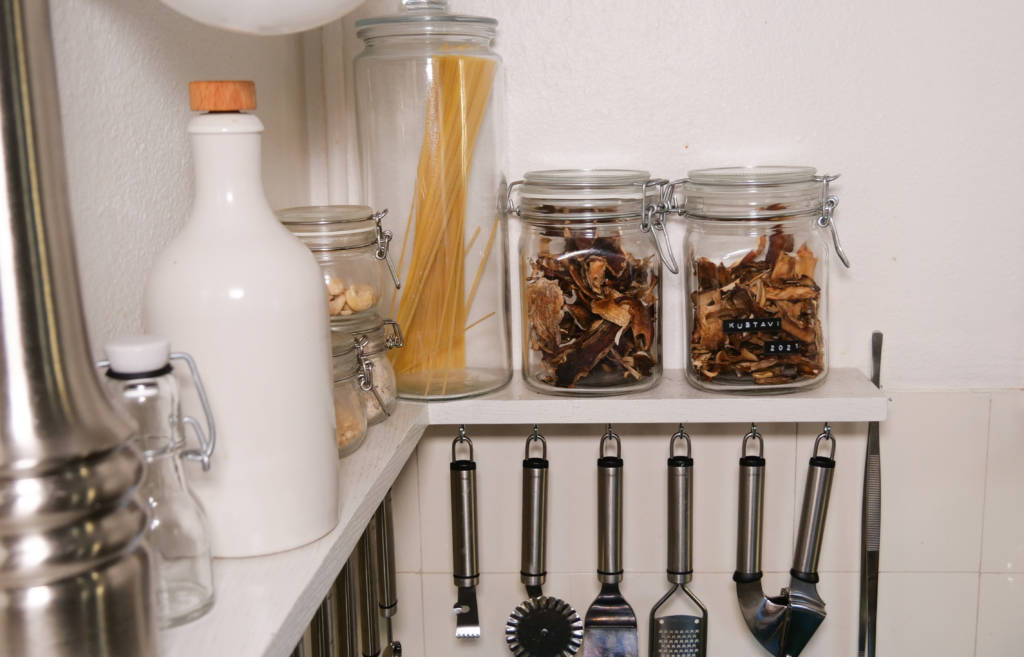
Does dried food taste good?
The taste of food is the result of chemical compounds interacting with sensory cells in our taste buds. Water is part of all living things, us humans are made mostly of water, and so is a large percentage of the food we eat. The percentage of water depends on the food, for example mushrooms are 90% water. However, water is not responsible for taste, rather, it is just diluting it. Drying food concentrates flavours without modifying them, hence the idea is not to cook the food through the drying process.
What food can be dried?
Well, there are no limitations, but here are some examples…
How to preserve your garden herbs?
It might be tricky to grow some aromatic herbs in wintertime due to the lack of light. One solution might be to buy a UV growth light for your plants, however, growing lamps are often expensive and you will see your electricity bill increasing due to its continuous energy consumption. The drying option is a cheap and easy alternative.
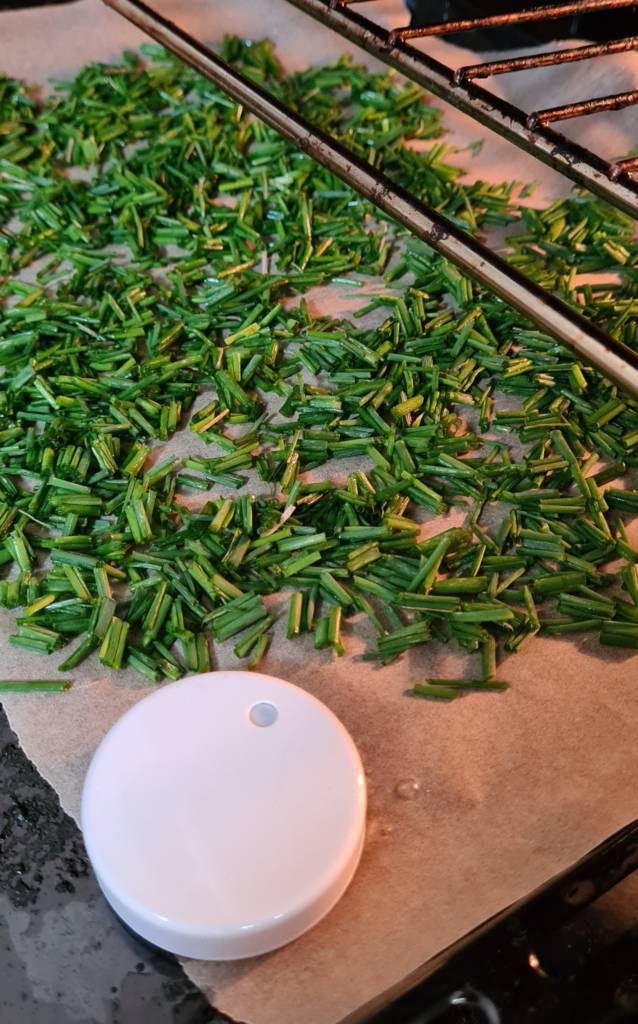
Dried vegetables will surprise you
Tomatoes, peppers, chilis, you name it. Rather than shopping for chemically boosted vegetables from unknown sources, buy vegetables from your trusted local farmers during the season, and dry them so you can use them all year round.
Healthy alternative to buying snacks at the store
Dried fruits are perfect as a snack, for making homemade muesli, or for adding to your yogurt. Apples, bananas, pears, raisins, apricots are all examples of fruits that taste great when dried. As for the veggies, you also have plenty of options; for example making tomato, pumpkin and beetroot chips.
How to extend the mushroom season?
The season for picking mushrooms is very short, especially for specific species. By drying mushrooms, you will be able to add them to your favourite sauces all year round!
Read more information about mushroom picking on the Finnish National Park website. It is also important to be informed about the legislation in your country for mushroom gathering as it is illegal in some countries or national parks. It is also crucial to be well informed about edible species, as eating the wrong type of mushrooms can lead to poisoning.
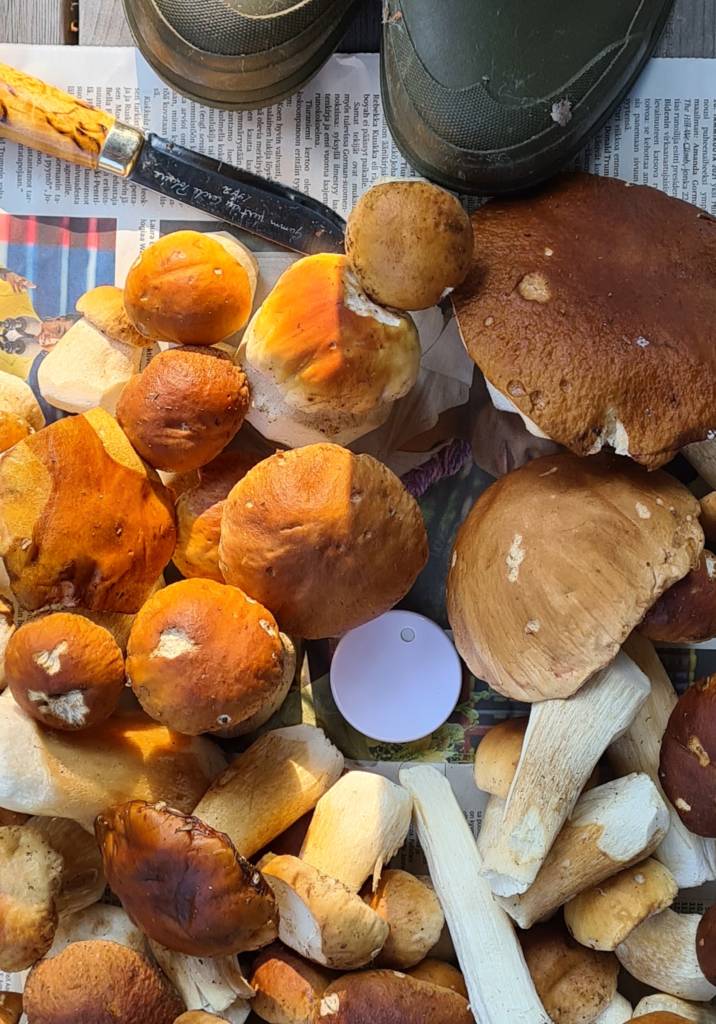
Make your own secret taste enhancer
Combine your favorite dried veggies and/or mushrooms, put them into a food processor and blend them into a fine powder. This will taste amazing and can be used as a spice to top any of your savoury dishes. Our favorite recipe is made of dried chilis for spiciness, dried shallots and chives for taste, combined with dried mushrooms for the ultimate umami explosion.
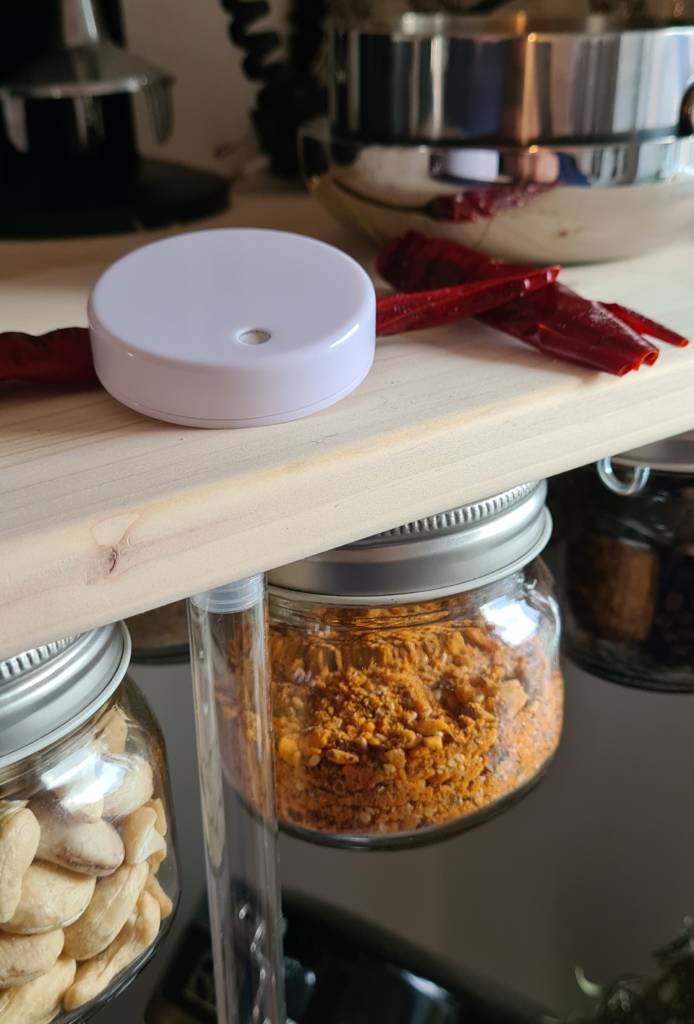
What is the best alternative for food dehydrator machines?
Surprise! It’s right there, in your kitchen.
Building your DIY food dryer on a budget
Food dryers are available on the market. However, a good dryer will easily cost you at least 100€, sometimes even more. For a cheap DIY dryer, simply use the kitchen oven. Cover a baking tray with baking paper, and spread sliced food on top of it. Heat the oven to between 45°C and 55°C on convection mode, and leave the food in until completely dry and crisp. Depending on how much water content there is in the food and the size of the slices, it may take anywhere from 2 to 10 hours.
Unfortunately, the thermostat of many ovens is often not very precise. Just 10 degrees more and the food will cook, and you will not get the desired results. The best solution is to go for a smart Bluetooth sensor that can support high temperatures, such as the RuuviTag. It not only allows you to track the temperature of the oven but also its humidity, and will send the data directly to your phone so you can be in control of the food drying process.
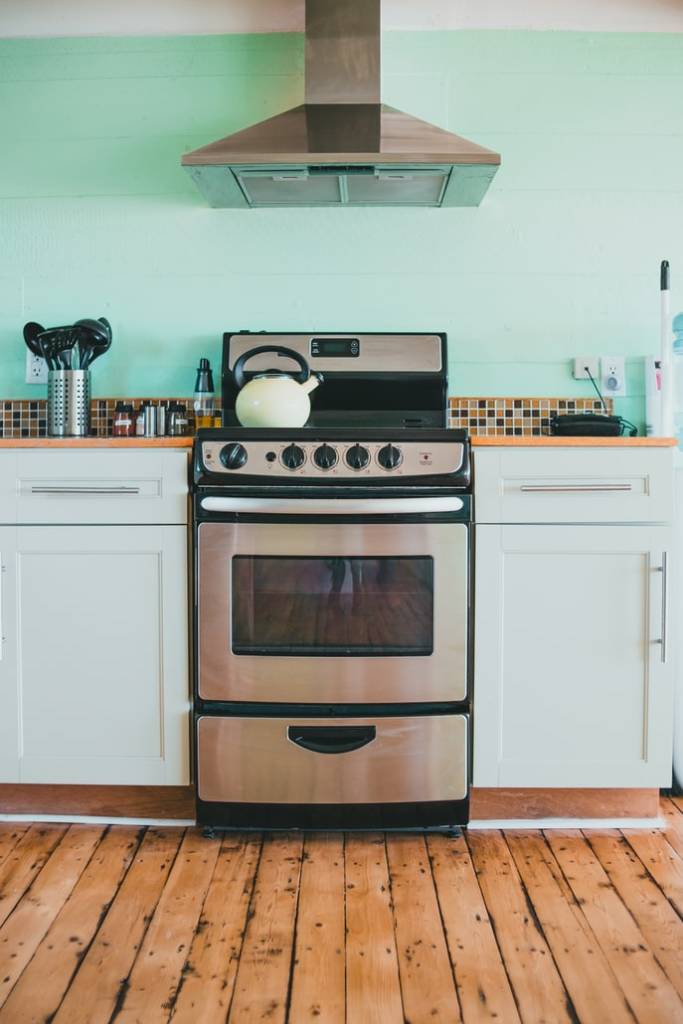
Tips and the most common errors when dehydrating food
Excessively warm oven: Your food will either cook or burn; set an alarm on the free Ruuvi Station mobile app and get notified as soon as the temperature is too high so you can act quickly!
Food hasn’t dried long enough: if water remains in the food, mold will appear during the conservation and make the food inedible. During the drying process, you will notice a reduction of humidity on the integrated graphs in the Ruuvi Station app.
Cut your food into small pieces: to help the food dry completely and decrease baking time, cut the food into small pieces to increase the evaporation surface.
Conclusion
Drying food is a great way of preserving it, saving space in your kitchen pantry and allowing you to eat it even when it’s not in season. If you are using a RuuviTag to help you control the drying process, remember not to take it above 70°C. In any case, you should never exceed 55°C when drying food, or you will cook it instead of dehydrating it. No need to stress about leaving it in the oven though, just set an alarm on the Ruuvi Station mobile app and stay in control of the process!
Buy RuuviTag to Help You in a Kitchen
With RuuviTag, you can easily succeed in drying food with first try!
39,90€
Ruuvi is based in Finland. If you’re an EU consumer, VAT is included. If you’re a non-EU customer, you don't pay VAT. If you're an EU business, insert your VAT ID at checkout.
In stock
RuuviTag Sensor (4in1)
| Quantity | Unit Price(€) |
|---|---|
| 1 | 39,90 |
| 2 | 37,40 |
| 3-5 | 36,90 |
| 6-8 | 35,90 |
| 9-12 | 34,90 |
| 13-25 | 33,90 |
| 26-99 | 32,90 |
Are you looking for bigger quantities? Contact us for pricing.
